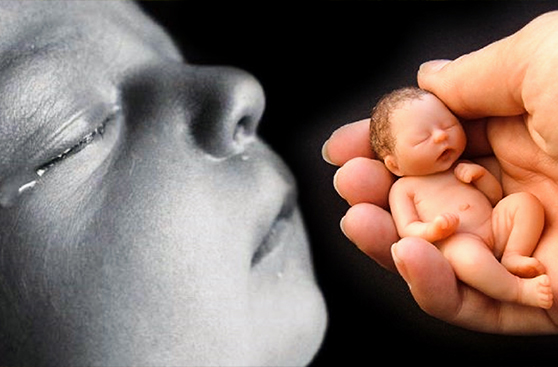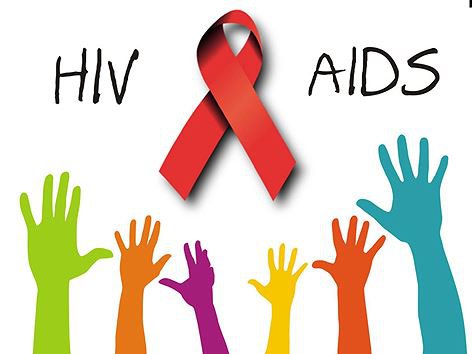Reflection
17th Sunday in Ordinary Time | Year C
Luke 11:1-13Once Jesus was in a certain place praying, and when he had finished one of his disciples said, ‘Lord, teach us to pray, just as John taught his disciples.’ He said to them, ‘Say this when you pray:Father, may your name be held holy,your kingdom come;give us each day our daily bread,and forgive us our sins,for we ourselves forgive each one who is in debt to us.And do not put us to the test.’
He also said to them, ‘Suppose one of you has a friend and goes to him in the middle of the night to say, “My friend, lend me three loaves, because a friend of mine on his travels has just arrived at my house and I have nothing to offer him”; and the man answers from inside the house, “Do not bother me. The door is bolted now, and my children and I are in bed; I cannot get up to give it you.” I tell you, if the man does not get up and give it him for friendship’s sake, persistence will be enough to make him get up and give his friend all he wants.
‘So I say to you: Ask, and it will be given to you; search, and you will find; knock, and the door will be opened to you. For the one who asks always receives; the one who searches always finds; the one who knocks will always have the door opened to him. What father among you would hand his son a stone when he asked for bread? Or hand him a snake instead of a fish? Or hand him a scorpion if he asked for an egg? If you then, who are evil, know how to give your children what is good, how much more will the heavenly Father give the Holy Spirit to those who ask him!’
Reflection
The Our Father as Jesus spoke it is a prayer of petition. It contains four simple requests: that we may have enough to eat, our sins forgiven, a willingness to forgive others, and the ability to withstand temptation or test.
Jesus sets out in the Our Father the priorities in seeking God’s help. He recognizes the needs of the body, which is a reminder that he cares about physical needs, and that food is essential for all human beings. He places the forgiveness of our sins at the heart of our spiritual needs, and the forgiveness of others as the priority in our relationships. And lastly he recognizes just how difficult it can be to navigate the spiritual life when there are all sorts of distractions and temptations. He invites us to seek God’s help in surmounting the difficulties in life which might drive a wedge between us and him.
It is natural to ask God for help in many circumstances, either for ourselves or for others. How many of our requests fit within the four priorities in the Our Father? Perhaps a focus on these for a time would have personal spiritual benefit and benefits for others.
We may have enough food but many people don’t. The Food and Agriculture Organization (FAO) 2012 report “The State of Food Insecurity in the World” estimates that in 2011-2012 870 million people were hungry.
Jesus spoke quite emphatically about the need for persistence in asking. The FAO figures show that since 1990 there has been a progressive decline in the number of hungry people in the world. The economic shocks of 2007-2009 caused the rate of decline to level off, but the fact remains that hunger has on average been declining for the last twenty years. We should never give up on praying that the hungry may have sufficient food.
Jesus’ forgiveness of our sins is a given if we are prepared to recognize that we have sinned. Access to forgiveness may be impeded by rationalizing or justifying something which deep down we know is sinful. Perhaps a prayer of petition needs to seek help in acknowledging sin so that we might then seek forgiveness.
None of us is perfect and in relationships there are usually times of friction or difficulty. Forgiving others and seeking their forgiveness deepens the relationship. Humility and self-knowledge help forgiveness, whereas self-righteousness, anger and pride drive people apart. Sometimes a relationship may be physically or psychologically damaging, in which case leaving it is the only option. It may take a very long time to come to the point of forgiveness in such circumstances. Forgiveness does not require a resumption of the relationship, and it may be a step on the journey to wholeness and healing.
To pray “not to be put to the test” is not to pray that we may encounter no difficulties or temptations. Such a prayer is an expression of faith as much as it is a petition – we believe that with God’s help we can deal with whatever comes our way.
Persistence in praying the four petitions of the Our Father is potentially life-changing.
The List of Contributions Received by Caritas Vietnam
1. The list of 2024 contributions to the Caritas Vietnam general charity fund
2. The list of 2023 contributions to the Caritas Vietnam general charity fund
Latest project information
Copyright © 2018 by COMMISSION on CHARITY and SOCIAL ACTIONS - CARITAS VIETNAM
Total visits: 26,277,774
















